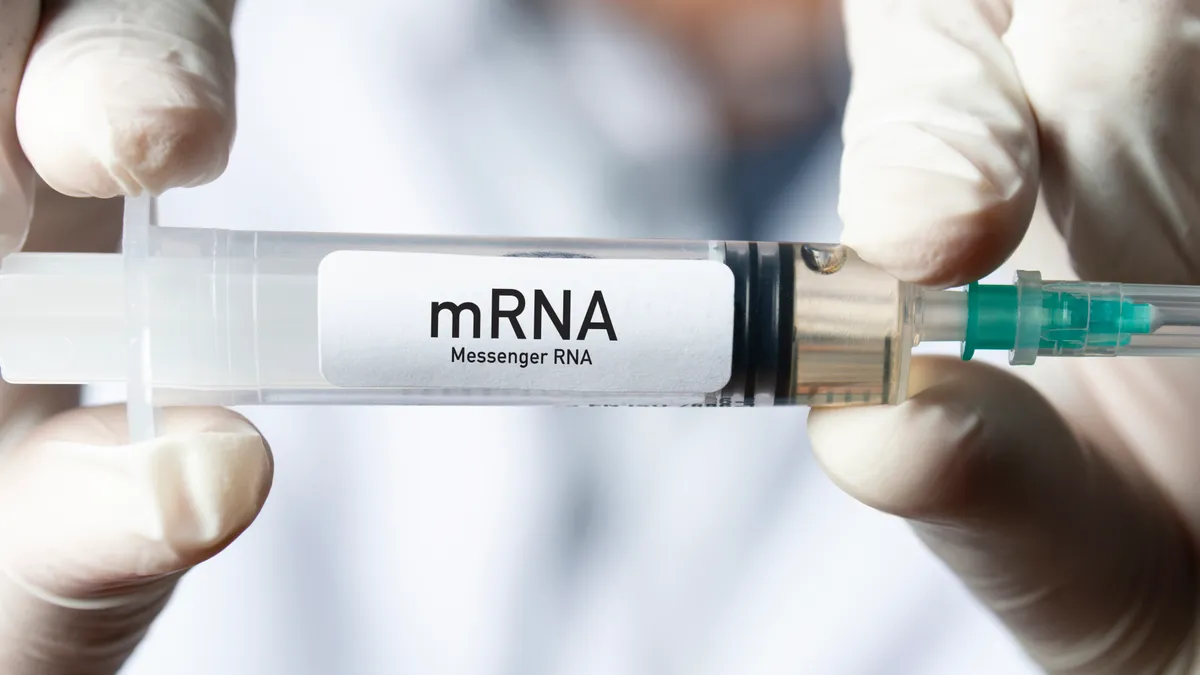Understanding the Information Needs of Today’s Healthcare Decision-Maker
Women make 80% of healthcare decisions. New research provides insights on the best ways to engage them. According to recent articles in TIME magazine and Harvard Business Review, as well as a host of studies and books, the evidence is mounting regarding the financial power and business and academic leadership of women. Women oversee 80% of consumer spending in the U.S. or $5 trillion annually, and more women than men are enrolled in medical school. When it comes to healthcare, women also play a dominant role and make 80% of healthcare decisions. Against this backdrop of market changes, the healthcare team at Penn Schoen Berland and sample providers SSI examined the healthcare attitudes, beliefs and behaviors of 1,000 women in the United States. The objective was to help healthcare marketers and brand teams understand what to do with the evidence. The study’s findings, summarized in a report titled “Seven Lenses for Marketing Health to Women," showed that marketing to women requires considering the needs of women as decision-makers not only for themselves but for their families and loved ones. Marketers should look more precisely at the variety of women healthcare decision-makers, and make sure to develop personalized channels and messages to speak to their unique issues. Defining a Health Profile The study asked women about the state of their health, how they could improve it, and the role of information in improving the health of themselves and their families. Of the survey respondents, 75% considered physical health to be very important but only 20% said they were very satisfied with their physical health. When asked what they would need to be more satisfied with their physical health, 29% said more exercise and 19% said lower healthcare costs. Interestingly, 10% said more or better information would help — they were looking for access to answers without a doctor’s appointment, or access to information to help them make better decisions. This fits the profile of today’s do-it-yourself healthcare consumer: she is busy, budget-conscious and needs information delivered in the right way to help her make the right decisions. Women are asking: “How can you help me stay well, make my life easier, and manage the needs of the loved ones for whom I’m a caregiver?" Healthcare products themselves are still important, but women’s relationship with healthcare brands needs to evolve beyond the product to allow them to feel empowered in their decision-making. Of the respondents, 70% said technology enables them to be more in control of their health and wellness. Women are the majority of users of social media, and 30% of Facebook users in this study said receiving brand messages from a pharmaceutical company via Facebook would be a good way to communicate with them. A similar number said this would be a good way to communicate general healthcare information. Going Social and Mobile According to Chris DeAngelis, VP, Client Experience at SSI, social media is not limited to young people, our research on avid social media users — those participating in social media more than five-plus hours per week — has found that they span all age groups. If brands can get people to share positive product experiences within their social media circles, these are powerful messages, because they come from a trusted source. Respondents, 78%, said they would feel more in control of their health with a mobile app to provide information. The convenience of an app can be especially appealing to caregivers, helping them remember appointments and learn about new treatment methods for those in their care. Identifying the Right Channel As healthcare itself becomes more personalized, marketing must follow, becoming more precise, individual and targeted. The right information delivery channel is the one that fits the individual’s life and resonates with her. Some may prefer social media or an app; others will gravitate to an expert site online. The task of healthcare brands today is two-fold, the Penn Schoen Berland study findings suggest. Brands need to look more broadly at the whole life of the healthcare consumer to understand where healthcare information fits; but also look more precisely at the universe of women healthcare decision-makers, developing micro-targeted, precise and personalized messaging to fit their specific needs. Experts Amy Krane, VP, Penn Schoen Berland, Healthcare Practice Ryan Hopper, Director, Healthcare, SSI. SSI is the world’s leading provider of sampling, data collection, and data analytic solutions for survey research. For more information, visit www.SurveySampling.com and www.psbresearch.com PODCAST 7 Lenses For Marketing Health to Women bit.ly/SSI-HealthtoWomen










